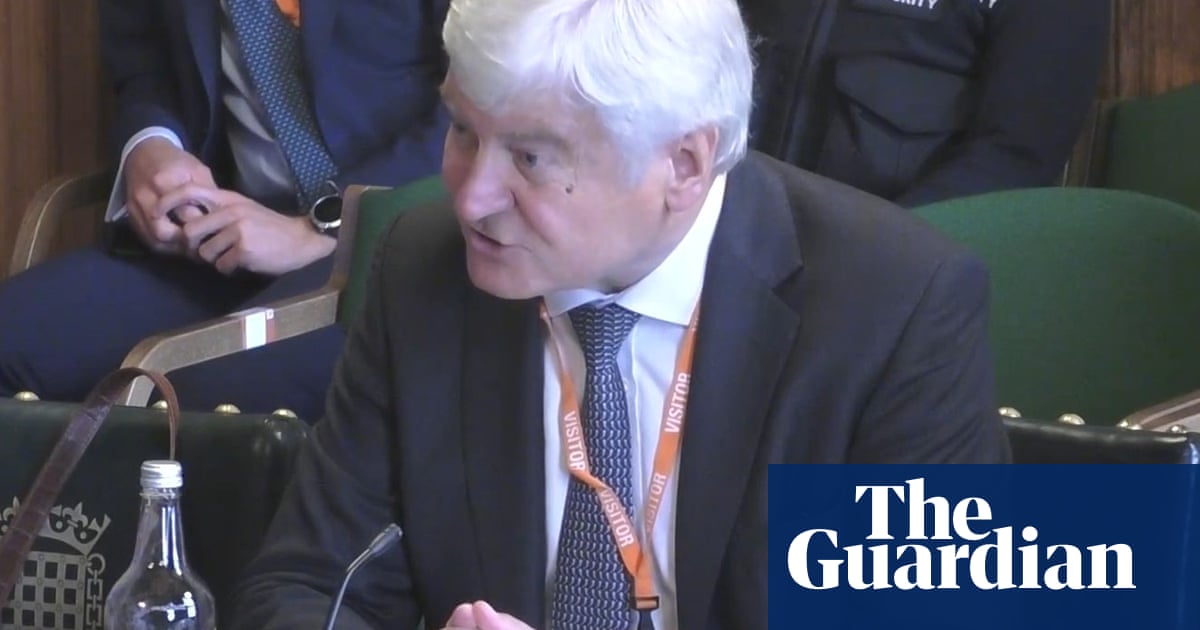The chair ofThames Waterhas admitted he may have “misspoken” when he told a parliamentary committee that large bonuses to be paid to senior bosses out of an emergency £3bn loan were insisted upon by creditors.
Sir Adrian Montaguetold the environment, food and rural affairs (Efra) select committee last weekthat the lenders “insisted” that “very substantial” bonuses of up to 50% of salary should be paid to company executives from the controversial loan in order to retain key staff. The proposed bonuses provoked fury as the company has said thatits finances are “hair raising”and that it had come “very close to running out of money entirely” last year.
However, the Guardian revealed that sources with knowledge of the details of the agreement, the term sheet for the loan, and court documents suggested that while the bonuses were agreed to by the creditors, they were not necessarily proposed by them.
After the Guardian approached Thames to ask why its chair claimed the lenders “insisted” bonuses were paid, Montague wrote to the Efra committee to clarify his comments.
“Following the session we have been approached by the Guardian who we understand intend to write a story suggesting that we misled the committee in relation to the company’s management retention plan,” he wrote in the letter made public by the Efra committee.
“I appreciate that in the heat of the moment I may have misspoken when I stated that the creditors insisted on the management retention plan.”
He added that the management retention plan, which included the bonuses, “rose from our discussions related to our liquidity extension transaction”, adding: “It was agreed that a retention plan was important to retain the people best placed to deliver the improved outcomes our stakeholders rightly expect during this current period of uncertainty and this was reflected in the term sheet we agreed with our creditors.”
The Guardian understands that the committee is considering recalling Montague.
In a judgment in February approving the loan, Mr Justice Leech cited evidence by Thames’s then finance director, Alastair Cochran, that the retention plan “was a matter for the board and the retention committee”. Leech said there was no evidence that it had to be approved by the lenders.
Sign up toBusiness Today
Get set for the working day – we'll point you to all the business news and analysis you need every morning
after newsletter promotion
The Guardian revealed last week the bonuses could be the first to beblockedunder the government’s water (special measures) bill, which gives the regulator Ofwat powers to ban financial rewards for executives presiding over a failing company. Thames Water could be classed as such, as it is presiding overrecord sewage spills,heavily laden with debt, and on the brink of financial collapse.
Thames is trying to argue that as the bonuses would come out of the loan rather than customer funds, and are retention payments rather than performance-based bonuses, they will not fall under the scope of the ban. Ministers say this is not the case and they can still ban them.
